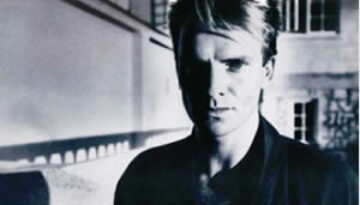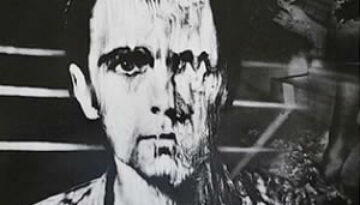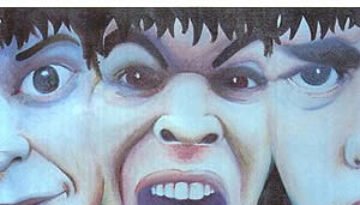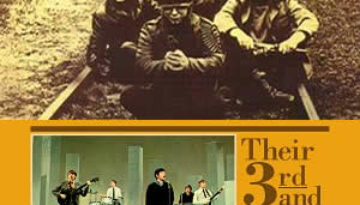The Dream of the Blue Turtles by Sting
Buy The Dream of the Blue Turtles Following a remarkable five years of stellar success with The Police, vocalist and songwriter Sting launched his solo career with his 1985 debut The Dream of […]

Buy The Dream of the Blue Turtles Following a remarkable five years of stellar success with The Police, vocalist and songwriter Sting launched his solo career with his 1985 debut The Dream of […]

Buy Peter Gabriel (1980) Peter Gabriel‘s third solo album was also the third to be officially eponymous, although this 1980 record has been given the unofficial title “Melt”. This album is credited as […]

Buy I Should Coco Supergrass released their debut album, I Should Coco in 1995. This energetic and eclectic record features an array of rock sub-genres from Brit pop to punk to ska to […]

Buy Animal Tracks (US version) In 1965, The Animals released a pair of albums that were each titled Animal Tracks, a May 1965 release in their native UK and a September release in […]